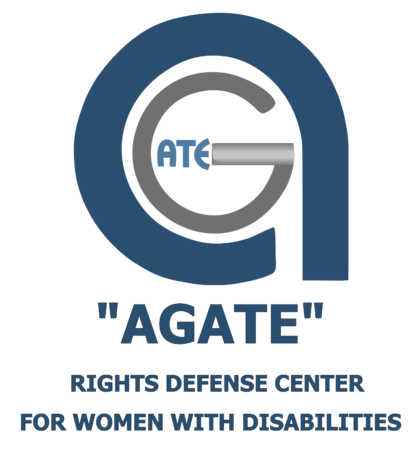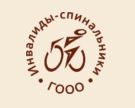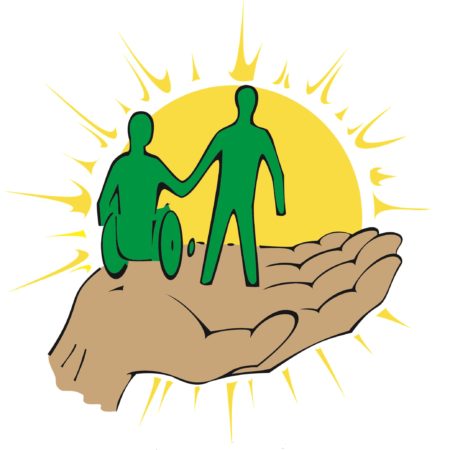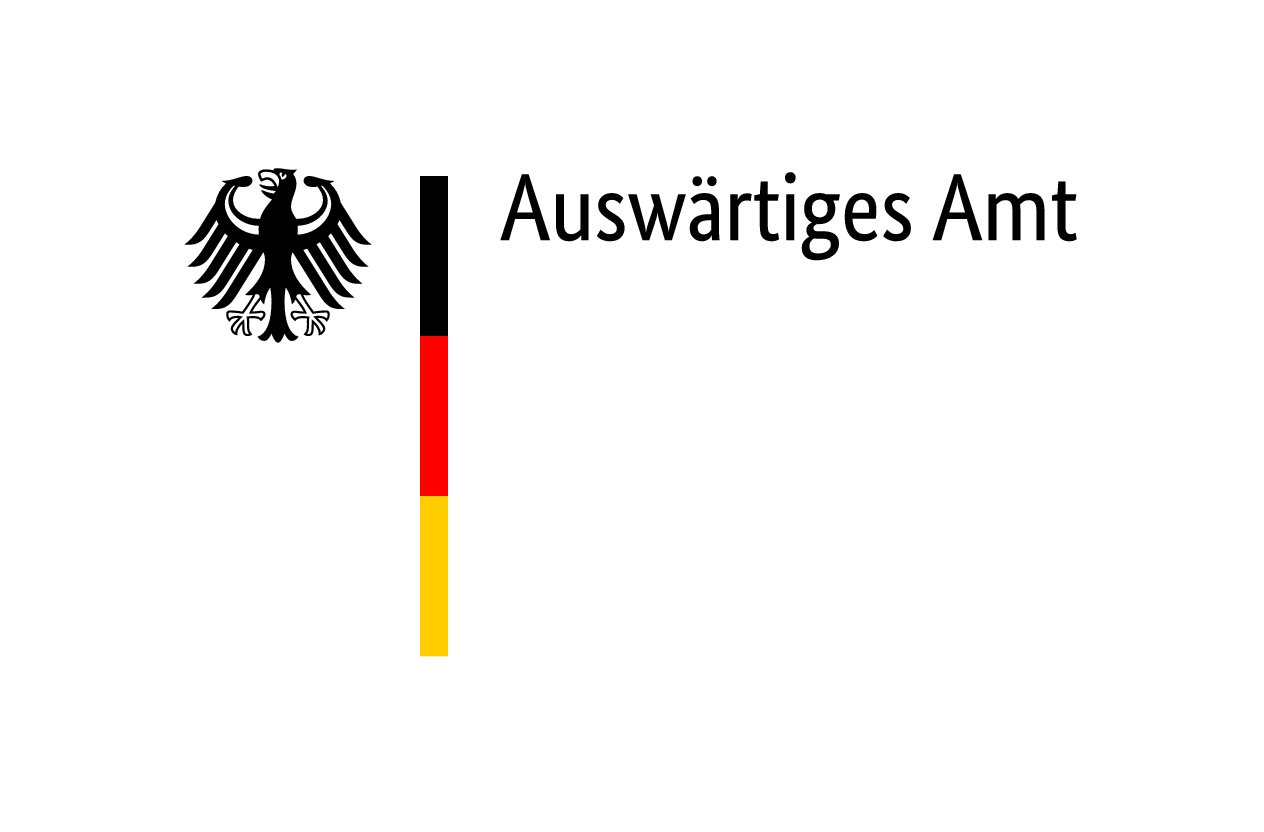On 5 July 2019, INTAMT launched a new DISEMEX + East project to promote the professional inclusion of people with disabilities. The project is co-financed by the German Federal Foreign Office within the framework of the federal programme for expanding cooperation with civil society in the Eastern Partnership countries and Russia and represents an extension of the consortium to the EU project DISEMEX, which has been running since 01.09.2018. The objective of both projects is to provide best practice examples for the mediation and exchange of innovative solutions for the integration of people with disabilities into the first labour market, the promotion of economic participation and thus strengthening human rights and human dignity from below.
The additional term “East” refers to the countries of the Eastern Partnership of the EU plus Russia and includes 9 organisations from 6 countries (Armenia, Belarus, Georgia, Moldova, Ukraine and Russia). Inclusion of people with disabilities in Eastern Europe, the South Caucasus and Russia – post-Soviet heritage regions – often differs considerably from one of the most Western countries. However, there are some positive changes and inclusion goals have been, to varying degrees, implemented everywhere. During this time, civil society organisations and entrepreneurs are faced with a more complex set of requirements, leading to pragmatic and innovative solutions. From this perspective, we expect additional insights and impulses that we could not gain in the EU.
In the course of the project, INTAMT is organising a 3-day learning and exchange event in Düsseldorf. The highlight of the programme is the international conference “Strengthening Inclusion Together”, which will take place on 19 September in the CCD Süd (Messe Düsseldorf Hall) as part of trade fair Rehacare International 2019, where project participants will present international experiences from their respective countries and discuss practical aspects and potential for improvement. In this way, the circle of directly involved project partners will be expanded and competences of a larger environment comprising labour, entrepreneurship and networking with other stakeholders in the field of inclusion will be strengthened.
In addition, INTAMT organises a series of company tours so that guests can see firsthand on the example of the North Rhine-Westphalia region, how the situation with professional inclusion of people with disabilities looks like.
In the further course of the DISEMEX + East project, four further events will be organised in the partner countries (the exact dates and locations will be published soon):
Gjumri (Armenia)
Tbilisi (Georgia)
Kiev (Ukraine)
Ekaterinburg (Russia)
in order to encourage an international exchange of best practice examples in the field of professional inclusion.
Besides INTAMT Academy, which acts as a project coordinator, there are 9 other project partners:

Founded in 2007, the NGO promotes the rights of disabled young women in Armenia by helping women develop the soft skills and qualifications necessary for a self-determined life.

Founded in 1997, the NGO is concerned with the sustainable improvement of comprehensive social rehabilitation of paraplegics and the promotion of a barrier-free environment for wheelchair users. The focus here is on both the infrastructure and the support within the framework of vocational integration. In recent years, the NGO has been able to implement a large number of projects, particularly in the creation of advisory and support services for its clientele.

By crowdfunding funded charitable foundation started its activities in 2018 and since then has managed several projects in the field of social inclusion of people with different types of disability (such as amyotrophic lateral sclerosis, spinal muscular atrophy, poliomyelitis, multiple sclerosis).

Starting with school-based inclusion, the NGO has been increasingly dedicated to promoting the professional integration of people with disabilities since 2017. The preliminary result of the activity is to create jobs for 25 people with disabilities.

Founded in 2010, the NGO supports young people with disabilities in Moldova. Special focus is placed on social change in the sense of the “Agent of Change” model, i.e. the involvement of experts (operators of change) who ensure the constructive initiation of innovations or changes in the area of social inclusion.
![]()
Founded in 2014, the NGO is carrying out an ambitious project to create a common space for people with disabilities in order to promote equal opportunities in the social, professional and entrepreneurial spheres. Within the framework of the project, a digital teaching platform has been developed that allows to offer adapted blended learning courses in design, content, web development, internet marketing and law.
![]()
Founded in 2010, the NGO promotes the social participation of people with disabilities, with a focus on people with visual impairments. The main focus of the association’s activities is on counselling at various levels (authorities, companies) and the targeted promotion of skills among those affected. Among other things, the association maintains a blind / physically handicapped sailing team.
![]()
Founded in 2001, the organization today brings together more than 120 NGOs from various regions of Ukraine with the aim of protecting people with disabilities, promoting inclusion and rehabilitation, and setting an appropriate policy agenda. In the field of inclusive education, NAIU has the Inclusive Resource Centre (IRC), which provides special educational support for children between 2 and 18 years old.
9. Balta District Organisation of People with Disabilities (Ukraine)
Founded in 1997, the NGO unites people with disabilities and aims to overcome their isolation and help them participate equally in community life.


